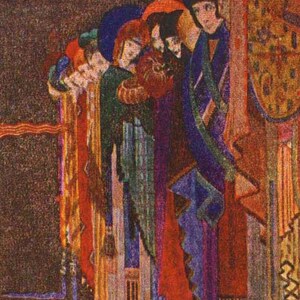

Poe was educated in private academies, excelling in Latin, in writing verse, and declamation. Allan and Poe accompanied him, returning to Richmond in 1820. When Allan's business interests took him to Scotland and London in 1815, Mrs. Allan, a Scottish-born tobacco merchant, was as strict and unemotional as his wife was overindulgent. After his mother's death Poe was taken in by the childless John and Frances Allan brother William Henry was taken in by his paternal grandparents and sister Rosalie was cared for by foster parents.

A talented leading lady in the American theater of the day, Elizabeth Arnold Poe, of English birth, had married David Poe, Jr., a mediocre actor who later abandoned his family. A highly complex character, Poe was capable of the strictest artistic control and intellectual acumen, at other times suffering from emotional instability and dependence.īorn in Boston on 19 January 1809, he was not yet three when his mother died on 8 December 1811 in Richmond. Was he as demonic or demented as the protagonists of his horror tales, and as analytical or psychic as the heroes of his detective and mystery stories? Contrary to popular legend, Poe was neither an alcoholic nor a drug addict, though he did struggle during much of his adult life against a predisposition to drink during periods of stress and despair. The diversity of his seventy works of short fiction (including some sketches) represents not only a response to the demands of the literary marketplace but also an expression of his own deeper evolving outlook on life and his theory of the short story, especially "the tale of effect."Įver since Poe's short stories first began to appear in the 1830s readers have been intrigued by the nature of the man or the mind that produced them. Poe was a pivotal figure in converting the traditional Gothic tale of mystery and terror into variations of the romantic tale and the modern short story by shifting the emphasis from surface sensationalism, suspense, and plausibility of plot pattern to the "under current of meaning" suggested by the symbolic play of language, the subtle use of style, tone, and point of view, the subconscious motivation of character, and serious interpretive themes.

Edgar Allan Poe 's importance as a short-story writer may be seen in his pioneering contributions to the genre, in his theory of the tale, in the rich variety, meaning, and significance of his stories, and in their influence on writers the world over.


 0 kommentar(er)
0 kommentar(er)
